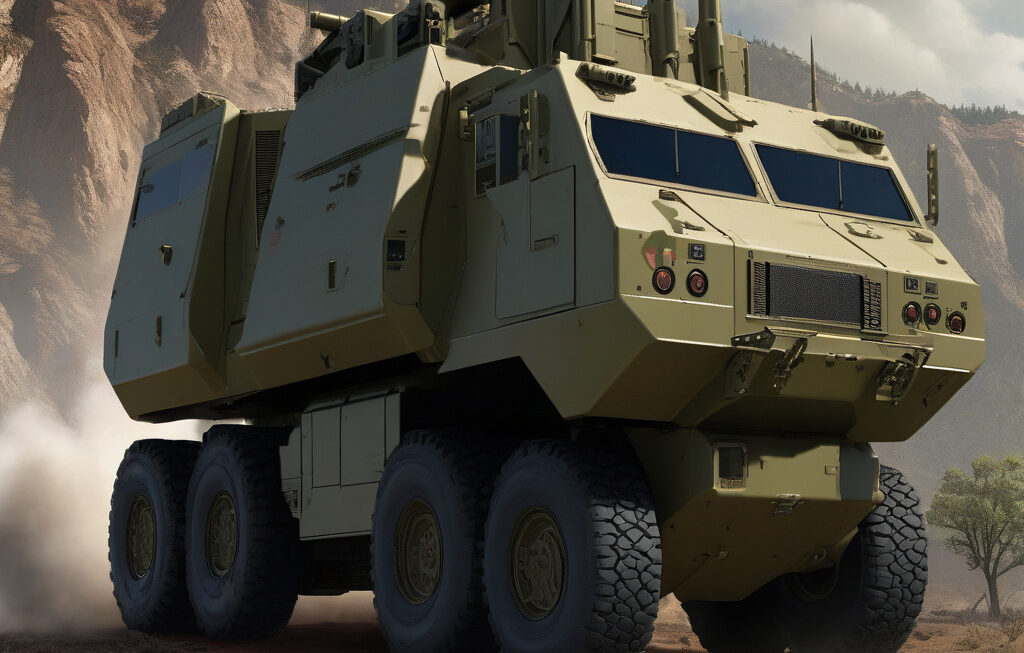France Plans to Deploy Combat Robots by 2027, Eyes Full Robot Army by 2040
France is increasing its combat reliance on robots, as countries worldwide consider the future of warfare. The French military has announced plans to deploy combat robots by 2027, with the ambitious goal of having a full robot army by 2040. This strategic shift towards autonomous machines marks a significant development in the landscape of modern warfare and raises important questions about the ethical, operational, and strategic implications of relying on robots in conflict zones.
The decision to invest in combat robots reflects France’s commitment to innovation and military modernization. By incorporating cutting-edge technology into its defense strategy, France aims to enhance its military capabilities, improve operational efficiency, and reduce the risks faced by human soldiers on the battlefield. Combat robots can perform a wide range of tasks, from reconnaissance and surveillance to combat operations, with greater speed, precision, and endurance than human soldiers. This increased automation is expected to revolutionize the nature of warfare and give France a strategic advantage in future conflicts.
However, the growing use of combat robots also raises ethical concerns about the implications of delegating lethal decision-making to autonomous machines. Critics argue that relying on robots in warfare could lead to a dehumanization of conflict, making it easier for states to engage in acts of aggression without fully considering the human cost. There are also concerns about the potential for robots to malfunction or be hacked, leading to unintended consequences on the battlefield. Addressing these ethical challenges will be essential for France to ensure that its use of combat robots complies with international law and maintains respect for human rights.
From an operational perspective, integrating combat robots into the military poses significant challenges in terms of training, maintenance, and coordination with human forces. Ensuring that robots can effectively communicate and cooperate with human soldiers will be crucial for mission success and reducing the risk of friendly fire incidents. Additionally, developing robust cybersecurity measures to protect against hacking and cyber threats will be essential to safeguarding the integrity of France’s robotic arsenal.
Strategically, the deployment of combat robots by France has the potential to reshape the balance of power in international relations. As other countries also explore the use of autonomous weapons systems, the global security landscape is likely to become increasingly complex and competitive. France’s investment in combat robots signals its determination to stay ahead of potential adversaries and assert its position as a leading military power in the 21st century.
In conclusion, France’s plans to deploy combat robots by 2027 and establish a full robot army by 2040 represent a bold step towards the future of warfare. While the use of autonomous machines offers significant advantages in terms of military capabilities and operational efficiency, it also raises important ethical, operational, and strategic challenges that must be carefully considered. By navigating these complexities thoughtfully and responsibly, France can harness the power of combat robots to enhance its national security and defense posture in an increasingly uncertain world.
France, Combat Robots, Military Modernization, Autonomous Warfare, Ethical Challenges, Operational Efficiency, Strategic Advantage, International Relations












